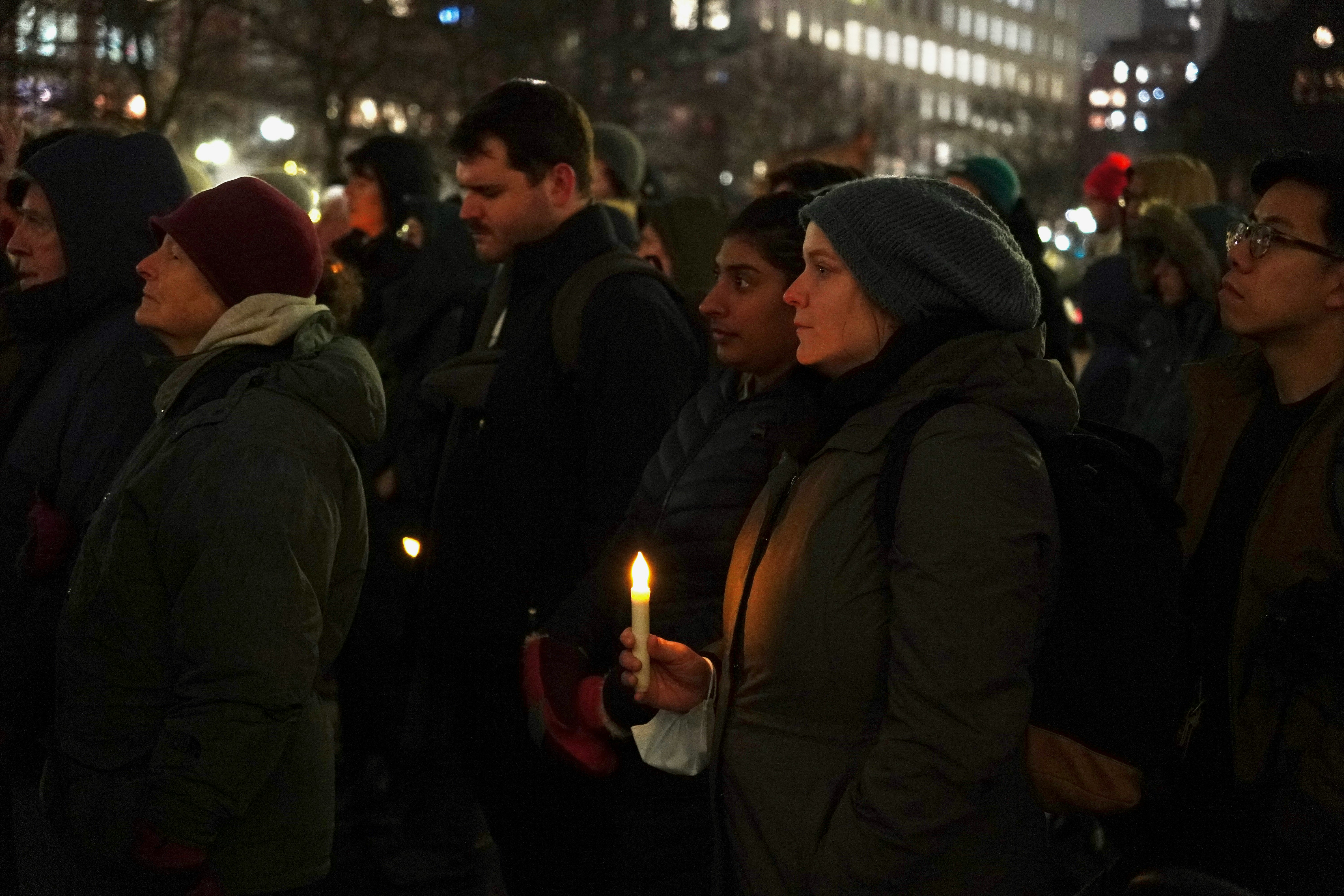A Nation's Vigil: Israel's Unwavering Resolve In The Face Of Hostage Crises

On October 7, 2023 - a devastating attack left Israel grappling with the abduction of countless citizens. The shock of that day reverberated across the nation, plunging families into unimaginable anguish. Over 15 months later, the country remains steadfast in its commitment to bring every hostage home. This article delves into Israel’s collective resolve in facing the crisis, highlighting the national unity, governmental strategies, and enduring implications of this ordeal.
The Initial Shock and National Reaction
The abductions marked one of the darkest moments in Israel's recent history. As news of the hostages spread, the nation was gripped by a wave of grief and uncertainty. Vigils, protests, and social media campaigns emerged almost immediately, reflecting the unity of a people bound by shared pain and hope.
Citizens from all walks of life came together to support the families of the hostages. Cities hosted candlelight vigils, and banners bearing the faces of the abducted were hung across public spaces. The sense of solidarity was palpable, as Israelis refused to let the plight of the hostages fade from public consciousness.
Government Response and Diplomatic Efforts
The Israeli government faced immense pressure to act decisively. From the outset, the leadership prioritized the safe return of the hostages, employing a combination of intelligence operations and diplomatic channels. International mediators, including regional allies and global powers, were engaged to facilitate negotiations.
Efforts were not without challenges. Balancing the urgency of rescue with broader security concerns required delicate decision-making. The government’s strategies included leveraging international partnerships and applying pressure on groups responsible for the abductions, ensuring the hostage crisis remained a top priority on the global stage.
The Role of Civil Society
Beyond governmental actions, civil society played a pivotal role in sustaining momentum for the hostages’ return. Grassroots movements organized rallies and awareness campaigns to keep the issue at the forefront of public discourse. Non-governmental organizations provided critical support, including psychological counseling for affected families and advocacy efforts to amplify their voices internationally.
Social media became a vital tool, uniting citizens and the diaspora in a global effort to demand action. Hashtags, videos, and digital campaigns ensured that the hostages’ stories reached millions, turning personal tragedies into a collective cause.
Long-Term Implications for National Security
The hostage crisis prompted significant reassessment of Israel’s security policies. Intelligence agencies intensified their focus on preventing similar incidents, while the military developed new strategies to address abduction scenarios.
Internally, the crisis reignited debates about balancing national security with civil liberties. The government’s responses—ranging from heightened surveillance to strategic military operations—reflected the complexity of ensuring safety without undermining democratic principles.
Lessons Learned from the Crisis
The ordeal underscored the resilience of Israeli society. The solidarity displayed by citizens and institutions alike demonstrated the power of collective action in times of crisis. Diplomatic efforts revealed the importance of sustained international engagement and alliances.
The crisis also highlighted the critical role of mental health support in national emergencies. Families and returning hostages will require long-term psychological care, a lesson that could inform future responses to similar events.
The Path Forward
As Israel prepares for the return of its hostages, the nation faces the challenge of reintegration and healing. Beyond the logistical aspects, there is a broader societal need to address the trauma endured by families and communities.
Looking ahead, Israel’s resolve remains firm. The lessons of this crisis will shape future policies, ensuring that the safety and well-being of citizens remain paramount. The nation’s vigilance, solidarity, and unwavering commitment to its people serve as a testament to its strength in adversity.
Conclusion
The hostage crisis of October 7, 2023 was a defining moment for Israel, testing its resilience and resolve. Through unity, strategic action, and unyielding hope, the nation has shown that even in its darkest hours, it stands firm. As the hostages return, the journey toward healing begins, underscoring the enduring spirit of a nation that refuses to leave anyone behind.
Author: Ricardo Goulart
The Self-Destructive Nature Of Anti-Tourism Protests: Balancing Resident Concerns With Tourism Benefits
In recent years, anti-tourism protests have become increasingly common across popular tourist destinations. From the Bal... Read more
Military And Strategic Implications Of The Ukrainian Drone Attack In Kursk
On a recent morning, the Kursk region in south-western Russia witnessed an unexpected and significant event: a Ukrainian... Read more
Chinese Tech Stocks Gain Ground Despite Wall Street Technology Sell-Off
Chinese tech shares in Hong Kong gained on Friday, defying a technology stock sell-off on Wall Street, driven by strong ... Read more
Defense Pact Between Britain And Germany: A Focus On Cybersecurity And Joint Operations
In a move set to redefine European defense collaboration, Britain and Germany have signed a comprehensive defense pact a... Read more
US Secret Service Director Steps Down After Trump Assassination Attempt
Security lapses admitted by Kimberly Cheatle prompt resignation.Kimberly Cheatle, the head of the US Secret Service, has... Read more
Kamala Harris Promises A Brighter Future In Official Campaign Launch
In a vibrant and impassioned campaign launch, Vice President Kamala Harris vowed to lead America toward a "brighter futu... Read more

